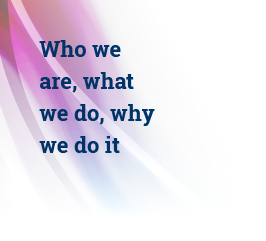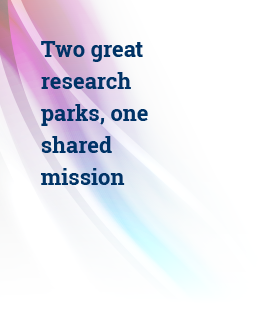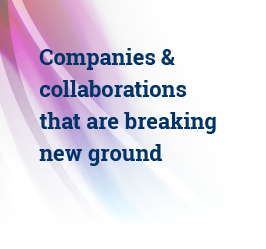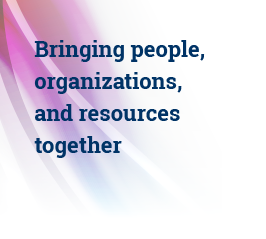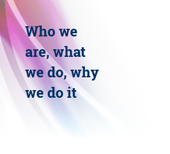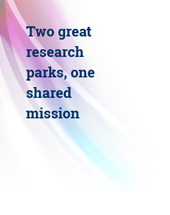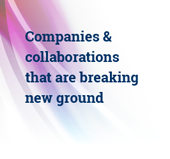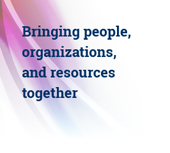UA Biz Incubator Named Key Partner in U.S. Solar Contest
The University of Arizona business incubator is one of just six organizations in the nation picked to help advance solar energy technologies through the US Department of Energy $3 million American-Made Solar Prize.
The University of Arizona Center for Innovation, located at the UA Tech Park on South Rita Road, was named a “Super Connector” as a part of an American made in-network, which recruits and supports solar innovations through the prize competition and onto the market.
“The UACI will serve as the program’s hub for the Southwest region, which includes Arizona, Nevada, New Mexico, Southern California, and Utah, but it will also work with the seller tech startups nationwide as a part of the network,” said Eric Smith, the UA incubator’s executive director.
Like a Super Connector, the UA incubator has a $100,000 contract with the Department of Energy’s National Renewable Energy Lab to support his efforts over two years, with the funding release based on reaching certain milestones,” Smith said.
The UACI checked all of the boxes for what the National Renewable Energy Lab was looking for in power connectors, he said.
Smith noted that the NREL had applicants apply for four different tracks of startup support - recruitment, events, mentoring, and networking - and the UACI was chosen for each area of expertise.
“It was like a match made in heaven for us if you look at the four categories - it’s what we do,” said Smith, adding that only a few Power Connectors are designated to provide support in all of the tracks.
The center also has access to the Solar Zone at the UA Tech Park, which is believed to be the nation's biggest utility-scale solar technology demonstration site.
Founded in 2003, the UACI has an all-time high 23 client companies that take advantage of the center's mentoring, office services, and wet and dry lab space.
The other super connectors for 2020 RADL then ventures in San Francisco; the nation of makers in Silver Spring, Maryland; the University of Texas at Austin; the Wilton East Scott Institute for Innovation at Carnegie Mellon University in Pittsburgh; and Zpryme, energy-focused research, media, and events agency based on Austin.
The NREL says Power Connectors – which may include national labs, accelerators, incubators, universities, and industry organizations – are expected to “substantially” help teams achieve success, build long-term alliances and capabilities for the program, host technology demo days, and partner with NREL to create a long-term, sustainable strategy for the American-Made Solar Challenge.
The prize challenge so far has consisted of three rounds, each with 90-day phases - dubbed Ready! Set! and Go! – In which applicants compete for increasing cash prizes to support their development efforts. At the end of the Go stage, two companies are selected to receive $500,000 awards plus vouchers for services at national labs.
The competition involved making a business plan, designing a proof of concept, developing a prototype, and identifying a partner to pilot the project.
UACI was one of about 70 original “Connectors” nationwide that have helped solar innovators with the American-Made Solar Prize efforts since the program was launched about three years ago.
Smith said the center helped five companies with their prize applications and one, UACI client Sundial Solar, pitched its idea for a solar-powered traffic signal system for pedestrian crosswalks that would keep operating in power failures.
The company made it to the Ready phase of round two but was not among the 10 finalists.
The UACI is currently mentoring teams that are pitching concepts ranging from 100-foot solar-power towers to utilizing solar power to address homelessness and disaster relief.
For more information about the American made seller prize, Contact UACI at info@universitycenterforinnovation.org or call 382-3260.






